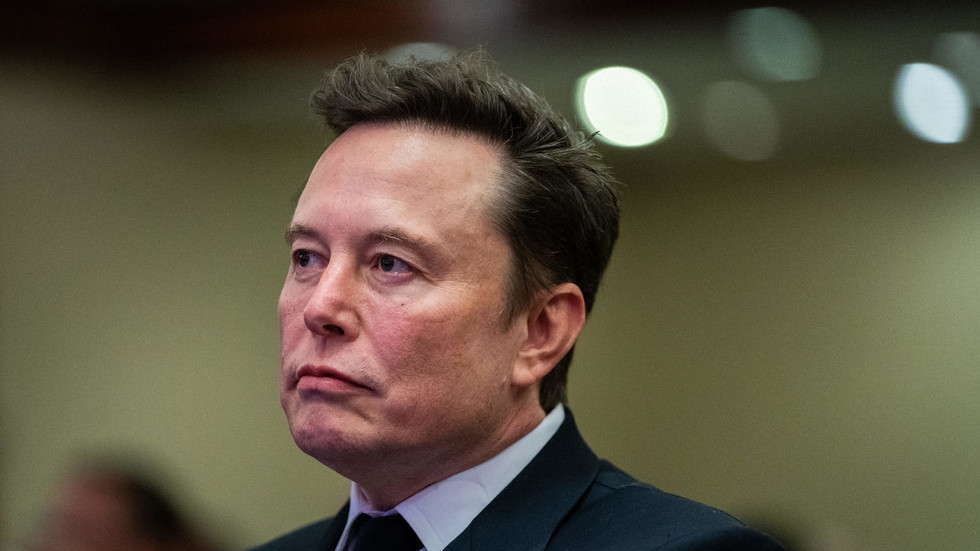Mali’s military ruler, General Assimi Goita, has enacted a law granting himself an extendable five-year presidential term, effectively cementing his control over the politically turbulent nation until at least 2030. The decision, formalized on Thursday, marks a sharp reversal from earlier commitments to restore democratic governance by March 2024 and deepens concerns over the erosion of civil liberties under the junta.
The legislation, approved by the military-appointed legislature last week and personally endorsed by Goita on Tuesday, stems from state-organized “national dialogue” talks held in April. Critics dismissed the consultations as skewed, noting the boycott by major political parties and civil society groups. The law permits Goita, who seized power through coups in 2020 and 2021, to renew his mandate indefinitely without holding elections—a move opponents argue entrenches authoritarian rule.
This development follows months of escalating restrictions. In May, Goita dissolved all political parties amid a wave of kidnappings targeting pro-democracy activists in Bamako. The crackdown coincided with protests demanding a return to civilian leadership, which saw hundreds rallying in the capital. Observers link the arrests and forced disappearances to efforts to stifle dissent as the junta tightens its grip.
Mali’s political landscape has grown increasingly volatile since Goita first ousted President Ibrahim Boubacar Keïta in 2020, citing governance failures and insecurity. A second coup in 2021 removed transitional leaders, solidifying military dominance. Amid the upheaval, jihadist insurgencies tied to al-Qaida and the Islamic State have intensified, destabilizing the Sahel region and compounding humanitarian crises.
The junta has justified its prolonged rule as necessary to combat terrorism and restore stability. However, its alignment with Russian mercenary forces and distancing from Western allies, including France, has drawn international scrutiny. Analysts warn that sidelining democratic processes risks exacerbating tensions in a nation already grappling with poverty, ethnic conflicts, and climate pressures.
Mali’s trajectory mirrors broader patterns of military takeovers in West and Central Africa, where six coups have occurred since 2020. Goita’s latest consolidation of power underscores the challenges of restoring constitutional order in a region plagued by weak institutions and external security threats. With political avenues increasingly shuttered, activists fear further repression could ignite broader civil unrest.
As the Sahel faces converging crises, the international community watches cautiously. Regional bodies like ECOWAS, weakened by recent withdrawals of Mali, Burkina Faso, and Niger, struggle to enforce democratic norms. Meanwhile, for Malians enduring economic hardship and militant violence, the path to credible elections appears ever more distant.



